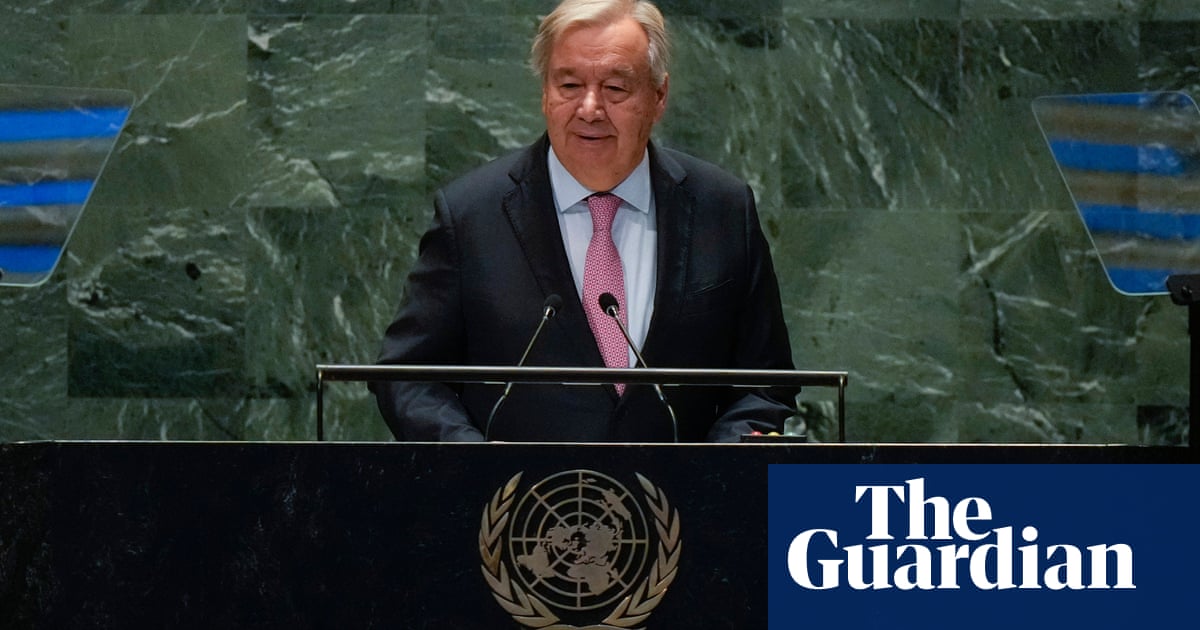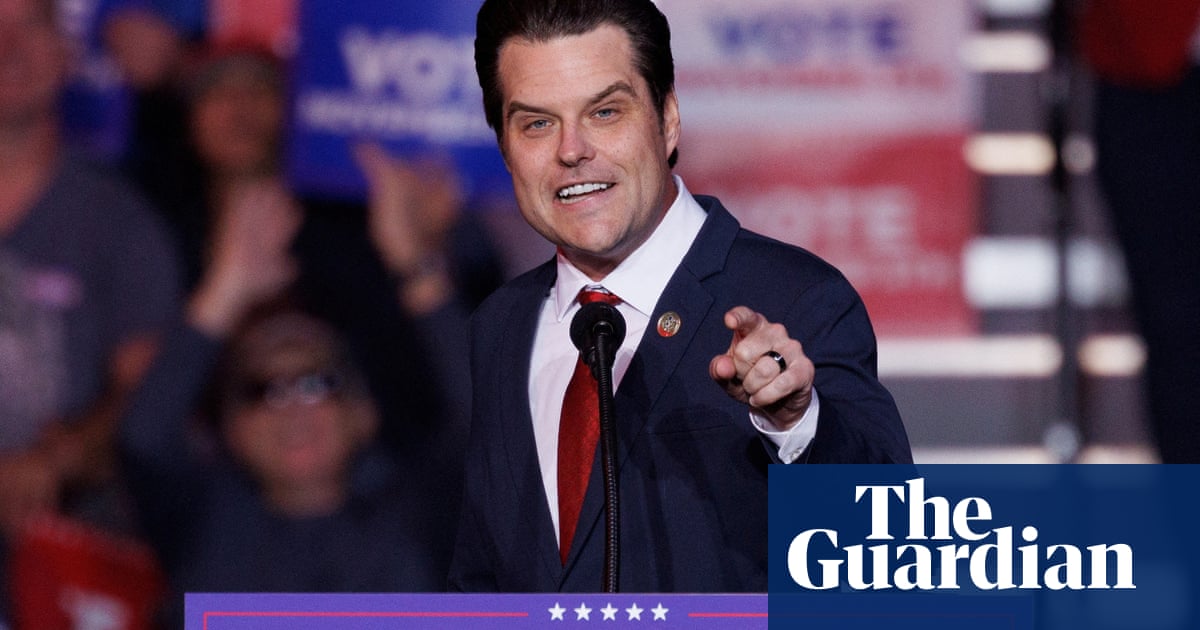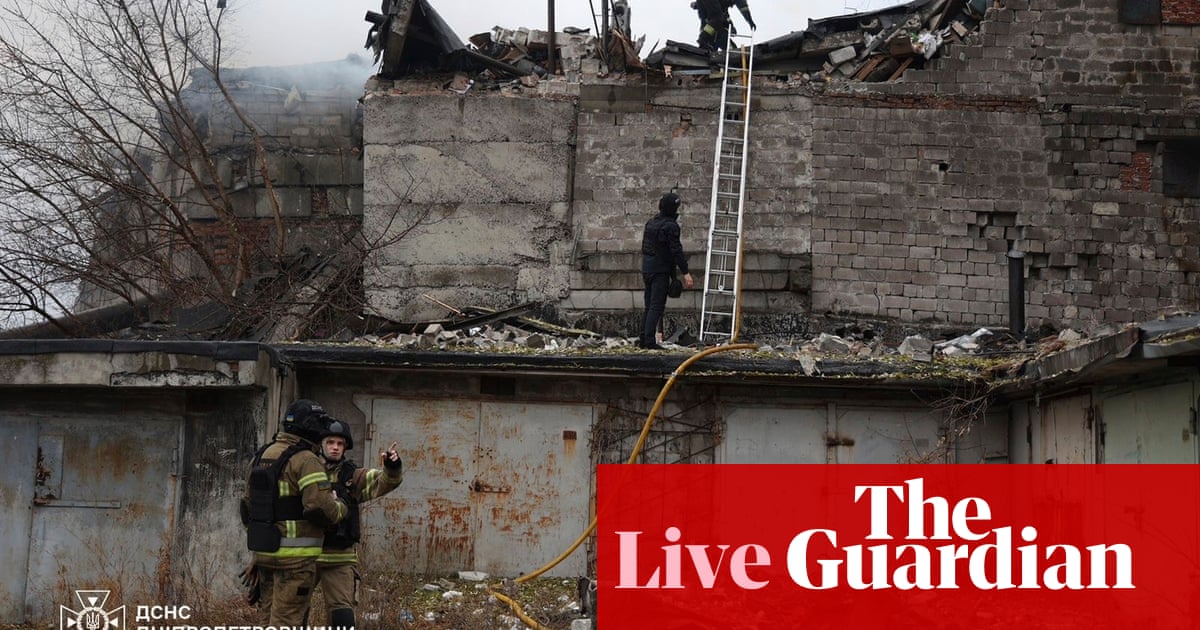Russia was left badly isolated at a high-profile UN summit in New York when it made a surprise move to derail an ambitious pact designed to revive the UN – and failed.
Russia’s move to defer adoption of the agreement on the grounds that it supposedly represented western interests was rejected on Sunday by 143 votes to seven with 15 abstentions.
The Russian delegation said that if the planned vote endorsing the high-profile “pact for the future” were not deferred pending further talks, it would seek to move an amendment asserting the key issues addressed in the pact are the subject of domestic jurisdiction in which the UN should not seek to intervene.
But the overwhelming UN general assembly vote threw out Russia’s call for deferment and its amendment.
The Russian move, at the outset of the two-day “summit for the future”, looked diplomatically clumsy, if perhaps designed for domestic consumption. It angered speakers from the African Union (AU) and Mexico, underlining that Moscow had only limited support, notably from Belarus, Venezuela, Syria and Iran.
The AU, led by the Democratic Republic of Congo, called for the Russian amendment to be rejected.
The pact is seen by many in the global south as both a well-intended and necessary collective effort at UN renewal as well as a personal legacy for a relatively popular UN secretary general António Guterres.
But the controversy underlined the extent to which ideological divisions have damaged multilateral cooperation at the UN, the very issue that the pact was seeking to address.
Russia objected to 25 provisions in the draft pact, including asserting the primacy of national jurisdiction and rejecting language on universal access to sexual and reproductive health rights, as well as gender empowerment more broadly.
With the Russian move crushed, Guterres told the summit that the pact’s aim was “to bring multilateralism back from the brink at a time when the world [is] heading off the rails”. Twenty-first-century challenges – from debt in developing countries to the climate crisis – required 21st-century solutions.
Graham Gordon, head of global advocacy at Christian Aid, said of the pact: “The key point of the document, given its inherent limits, is that it does provide pointers of what should be achieved in other forums including the IMF, at Cop and at the G20. The key test will be in 12 months in assessing how much momentum this provides. It is a striking document in its admission of how multilateralism is currently failing.”
Guterres had advocated for a Summit for the Future more than two years ago as an attempt to persuade world leaders in the wake of the global Covid outbreak that cooperation and multilateralism had to be revived.
The pact, spanning 26 pages and 56 recommendations, says it is offering a new beginning for multilateralism and repeatedly asserts the primacy of international law. But the lack of new specifics has weakened its impact.
The document covers reform and expansion of the UN security council to make the body more representative of the 21st century, a UN role in governing artificial intelligence, the phasing out of fossil fuels in energy systems, reform of multilateral financial institutions, a recommitment to full nuclear disarmament and modernising UN peacekeeping so it evolves into war prevention.
Concrete ideas include a biennial UN summit on the global economy, an emergency platform for managing pandemics, food insecurity and environmental disasters, and a new UN oversight body of experts advising on the risks posed by AI for all economies.
A major sticking point was western opposition to the UN playing a role in making international financial institutions more representative. A UN-led push to include a reference to a $500bn (£375bn) stimulus to put the sustainable development goals back on track was also rejected.



